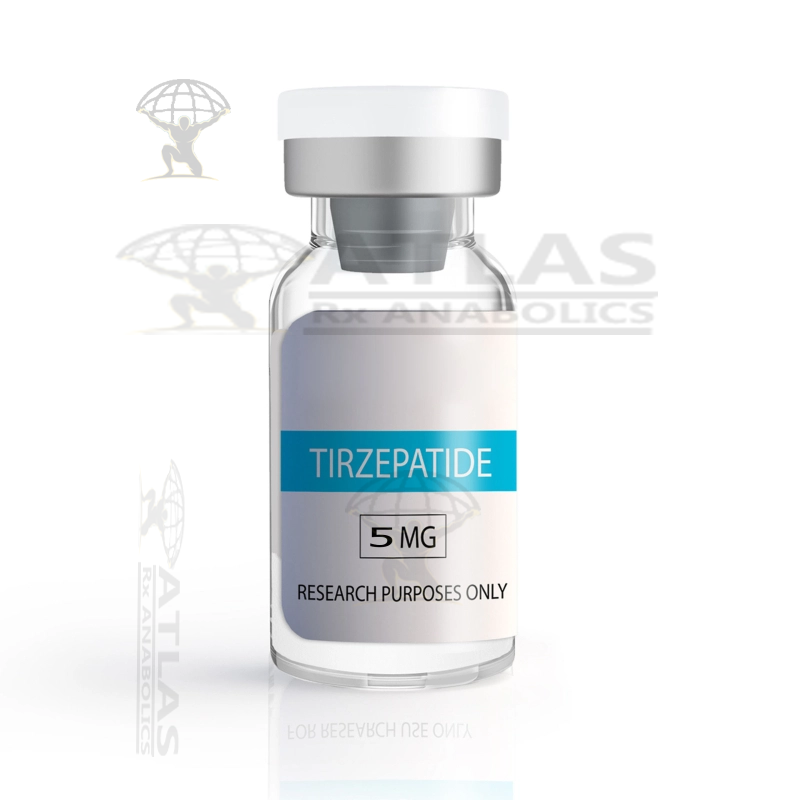Description for Tirzepatide
Tirzepatide is a type of peptide that is currently being studied as a potential treatment for diabetes and obesity. It is an investigational medicine developed by Eli Lilly and Company and is classified as a dual glucose-dependent insulinotropic polypeptide (GIP) and glucagon-like peptide-1 (GLP-1) receptor agonist.
Tirzepatide works by mimicking the actions of two hormones in the body: GIP and GLP-1. GIP is released from the intestines in response to food intake and stimulates the release of insulin from the pancreas. GLP-1 is also released from the intestines and helps regulate blood sugar levels by increasing insulin secretion, reducing glucagon secretion, and slowing down gastric emptying.
By acting as a GIP and GLP-1 receptor agonist, tirzepatide has the potential to provide several benefits for individuals with diabetes and obesity. It can help lower blood sugar levels, improve insulin sensitivity, reduce appetite, promote weight loss, and potentially even protect against cardiovascular complications.
Clinical trials evaluating tirzepatide have shown promising results. In a Phase 2 trial involving patients with type 2 diabetes, tirzepatide demonstrated superior glycemic control compared to other diabetes medications. It also led to significant weight loss in participants, making it a potential option for individuals with both diabetes and obesity.
Tirzepatide is administered as a subcutaneous injection and is typically prescribed in specific doses, such as 5mg. It is important to note that tirzepatide is still under investigation and has not yet been approved for routine clinical use. Further research and regulatory approval are needed to determine its safety and efficacy for widespread use.
As with any medication, tirzepatide may have potential side effects. Common side effects reported in clinical trials include gastrointestinal symptoms such as nausea, vomiting, and diarrhea. However, it is important to consult with a healthcare professional for more specific information regarding the potential risks and benefits associated with tirzepatide.
In summary, tirzepatide is an investigational peptide that shows promise as a potential treatment for diabetes and obesity. By acting as a dual GIP and GLP-1 receptor agonist, it has the potential to improve glycemic control, promote weight loss, and offer other metabolic benefits. However, it is essential to consult with a healthcare professional for personalized advice and guidance regarding its use.
Shipping Cost
On all orders is set at $25.00
Secure checkout
Protected by Bitcoin
Offer & gift here
On all huge orders








Aiden Turner
I am amazed by the quality of this product. It's top-notch and has improved my life significantly.
Ethan Hughes
I recently made a purchase from this website and I am extremely satisfied. The product exceeded my expectations and the shipping was fast. Highly recommend!